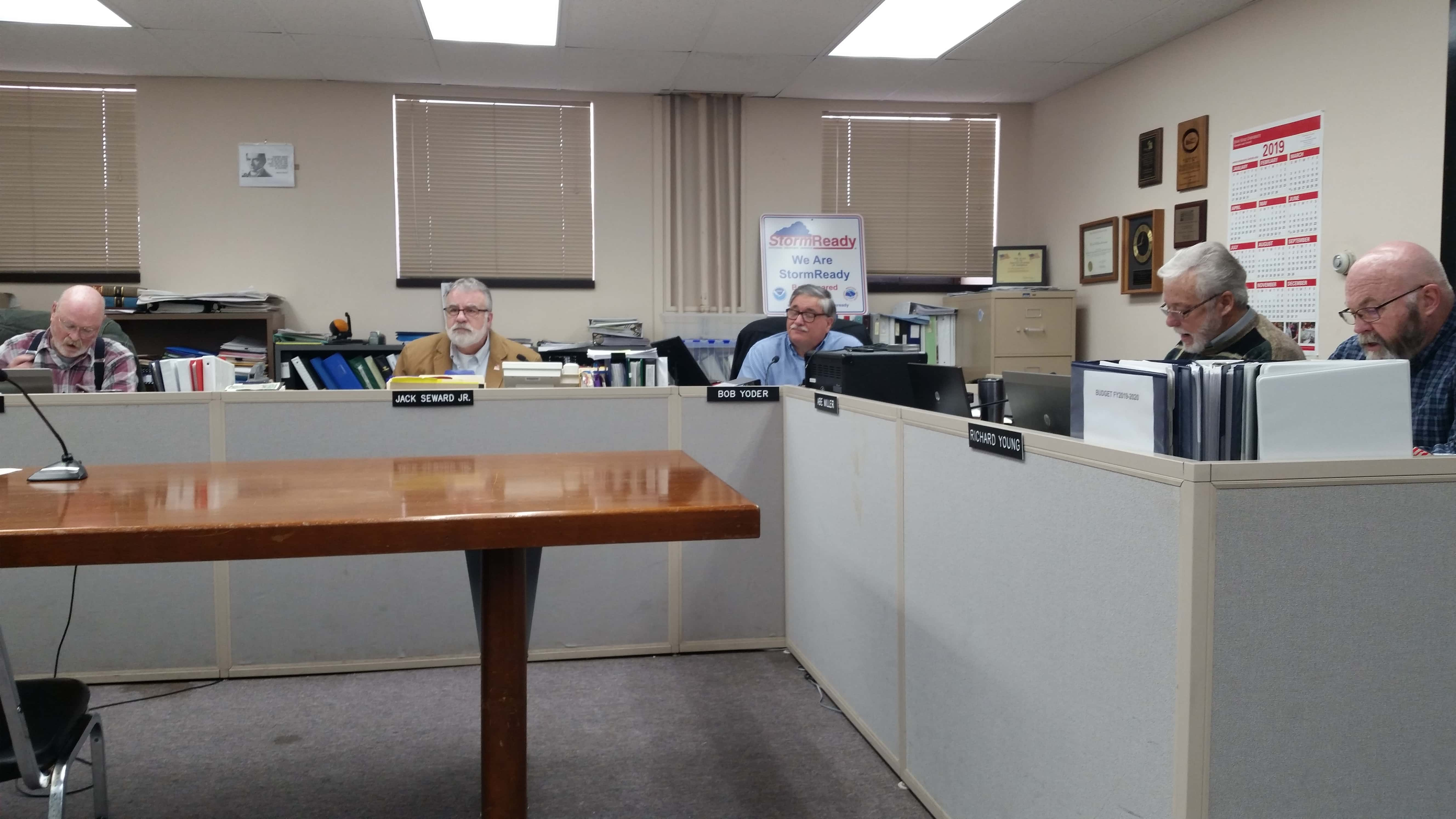
Washington County law enforcement officers are being trained by fellow, local officers on how to talk to and help people in crisis. At Tuesday’s Washington County Board of Supervisors meeting, Jail Alternatives Coordinator Alan Brady shared what work the Southeast Iowa Link Mental Health and Disability Services Region Jail Transition Link Crisis Intervention Team is doing to help provide mental health first aid. He says law enforcement, jail staff, and area first responders have been taking the crisis intervention trainings, “In our region, I’ve had over 40 reports that come directly from CIT-trained officers, those are where my reports come from. Over 40 of those reports and only one use of force from those officers. Without CIT, I couldn’t tell you, I’d hate to put that on any law enforcement officers, but I would suggest that number might be higher. Because CIT allows officers that insight on there are other options out there other than taking somebody to jail, that you can talk somebody down when they’re in crisis. And to understand that what they’re going through isn’t by choice.”
There are six officers between the Washington Police Department and the Washington County Sheriff’s Office who are trained CIT instructors. Supervisor Jack Seward said it’s beneficial to have local instructors and it is effective to learn from someone in similar situations and environments. He praised the program and says it can help reduce recidivism, “Applying these ideas to street meant that you didn’t have just two options of you either let someone go or you’re taking them to jail, there’s a third option of get them help. And that seemed to help them deal with life on the outside, to where they weren’t having interactions with police. And the last thing is that the National Stepping Up Program, which we signed on to a couple years ago, they’ve identified nationwide that jails are the number one provider of mental health in the country. So anything that we can do at the local level to help people learn how to live in society without law enforcement intervention or without some sort of involuntary commitment to treatment is a very good thing all the way around.” He adds that it is more cost effective to have people trained for these situations, than to have people being held involuntarily or in a committal.
The region’s first training was held last fall. The next 40-hour training will be April 8-12th in Mt. Pleasant with a variety of experts. It is open to law enforcement, jail staff, and emergency responders.

